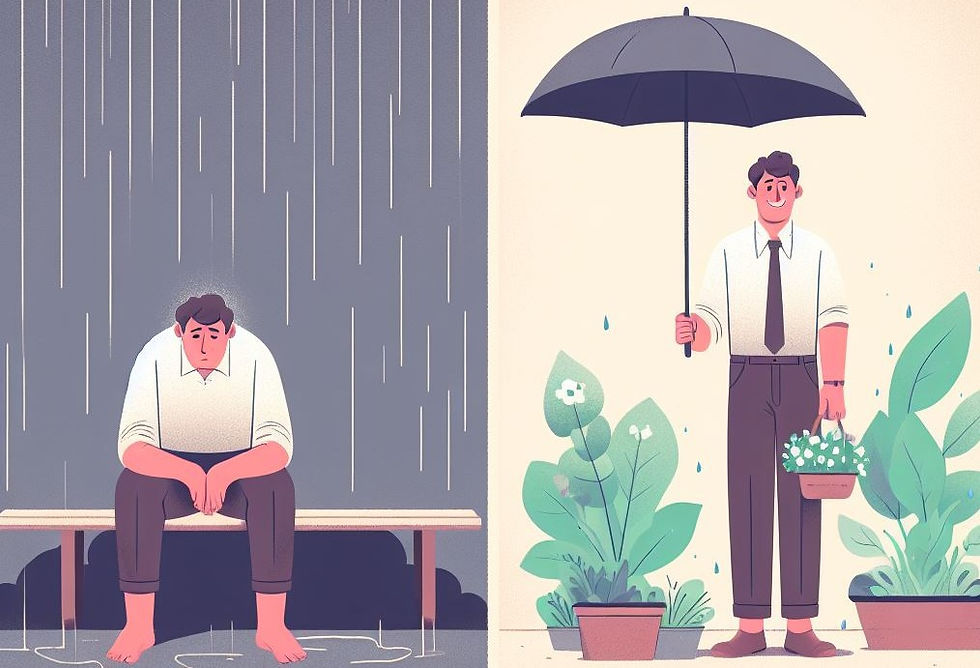Life is filled with unexpected twists and turns. Some days we conquer challenges with confidence, while on others, we might feel tossed around by external forces. This variance in perception and reaction is often influenced by a concept known as 'locus of control.'

The phrase "locus of control" was coined by psychologist Julian Rotter in 1966. Derived from the Latin word "locus" meaning "place" or "location", it refers to a person's perception of their ability to impact events in their life. In essence, it's about determining where we believe the control lies concerning our life's outcomes: internally or externally.
Do we believe we have a strong hand in shaping our destinies, or do we see outside forces like fate or sheer luck taking the reins?
Imagine two students, Sarah and Mike, both of whom receive a lower grade than expected on a test. Sarah, leaning towards an internal locus of control, might introspectively ponder, "I should've dedicated more time to studying. Next time, I'll be better prepared." Mike, on the other hand, with an external orientation, might feel, "The test questions were skewed. It felt like the teacher had it out for some of us."
But why is understanding this distinction important?
People like Sarah, with an internal locus, often face life's adversities head-on. They believe they can mold situations to their favor, making them proactive in their approach. This perspective not only boosts their problem-solving abilities but also instills a sense of responsibility. They own up to their choices, learn from them, and grow.
Mike and others with a strong external locus might sometimes feel they're at the mercy of events around them. While this can offer comfort in uncontrollable situations, consistently feeling powerless can sometimes be taxing. It might lead to increased stress or even feelings of despondency, as they perceive life's events as something that happens to them rather than something they can influence.
The beautiful thing about our locus of control? It's not rigid. As we journey through life, experiences and reflections can sway our perspective. We can cultivate a more balanced view, recognizing our power in some situations while acknowledging external influences in others. For those feeling stuck, professionals in the field of psychology can offer insights and strategies to find this equilibrium.
In conclusion, as we go about our daily lives, it's enlightening to consider who or what we believe sits in the driver's seat. And if ever the road feels too bumpy or confusing, know that guidance, whether from introspection or professionals, is always within reach.
Note: This article is intended for general understanding and does not replace the guidance of professional experts. Always seek specialized advice when needed.
I was unaware of "locus of control", makes me think how many times I trust in it was meant to be... was already written... Or she/he has something on me... Thanks for posting! Is a beautiful piece!